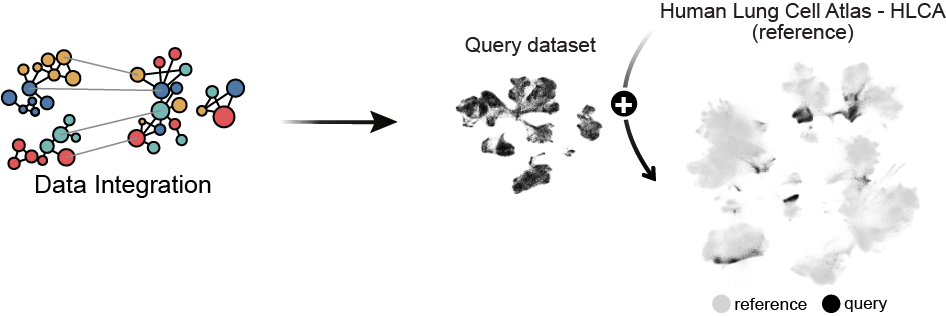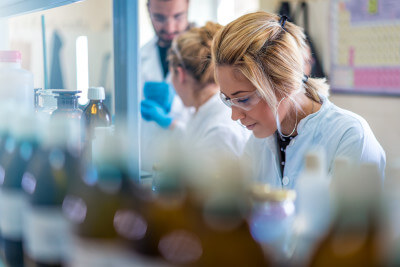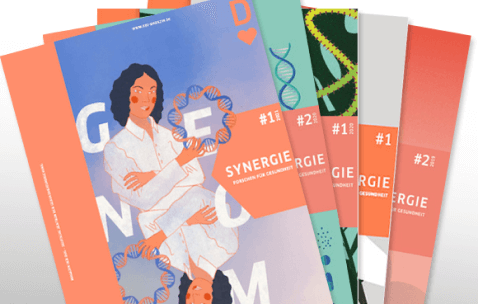DZG Early career scientist symposium on cutting-edge single cell analyses
120 early career scientists working in clinical and basic research discussed with experts about single cell technologies and their application during the online event on 10-11th November 2022.
Single-cell analyses are currently revolutionizing basic science and promise numerous new approaches for the development of novel therapeutic approaches to combat widespread common diseases, which are at the heart of the research conducted by the DZG. A plethora of methods employed in single cell analyses allows researchers to generate highly precise data about cell types and developmental states of single cells in healthy and diseased tissues. The interpretation of these data (single-cell omics) generates new insights and understanding of complex biological changes within an individual cell, for instance due to aging processes, adaptation to environmental conditions or as a consequence of diseases. There are multiple technologies for single-cell analyses and more than 1,400 software applications for data analyses.
How to choose the right tool?
The early career scientists discussed about choosing the appropriate tool and many other questions with Prof. Joachim Schultze, expert for swarm learning and artificial intelligence, and Prof. Fabian Theis, expert for modelling cell metabolism by single-cell sequencing. Each DZG was represented by a keynote speaker. Early career scientists of all six DZGs presented different applications of single-cell analysis employed in their current research on common diseases, such as diabetes, cardiovascular and lung diseases, cancer, neurodegenerative conditions, and infectious diseases. It was a feature of the symposium that early career scientists rather than the experts themselves were given the opportunity to chair the talks and subsequent Q&A session.
It was the aim of this symposium to bring together experts and early career scientists from all DZG, working in clinical and/or basic research, to facilitate interdisciplinary discussions about single-cell analysis applications and to learn from each other. In this context the symposium was a success as Dr. Herbert Schiller (scientific coordinator of the event, Helmholtz Munich) summarized after the event: “Cells are the fundamental units of life. Hence, it is essential to look at the single cell for insights into complex biological processes in our bodies and to identify pathological changes that will result in disease. For example, we now know that our lungs require the interaction of more than 50 highly specialized cell types to orchestrate gas exchange successfully. In recent years, single-cell analysis has allowed scientists to establish a kind of `google maps´ of the human body (Human Cell Atlas). In my view, the event succeeded in training early career scientists by bringing together experts that provided excellent examples for applied research in this dynamic field of single-cell genomics.”









